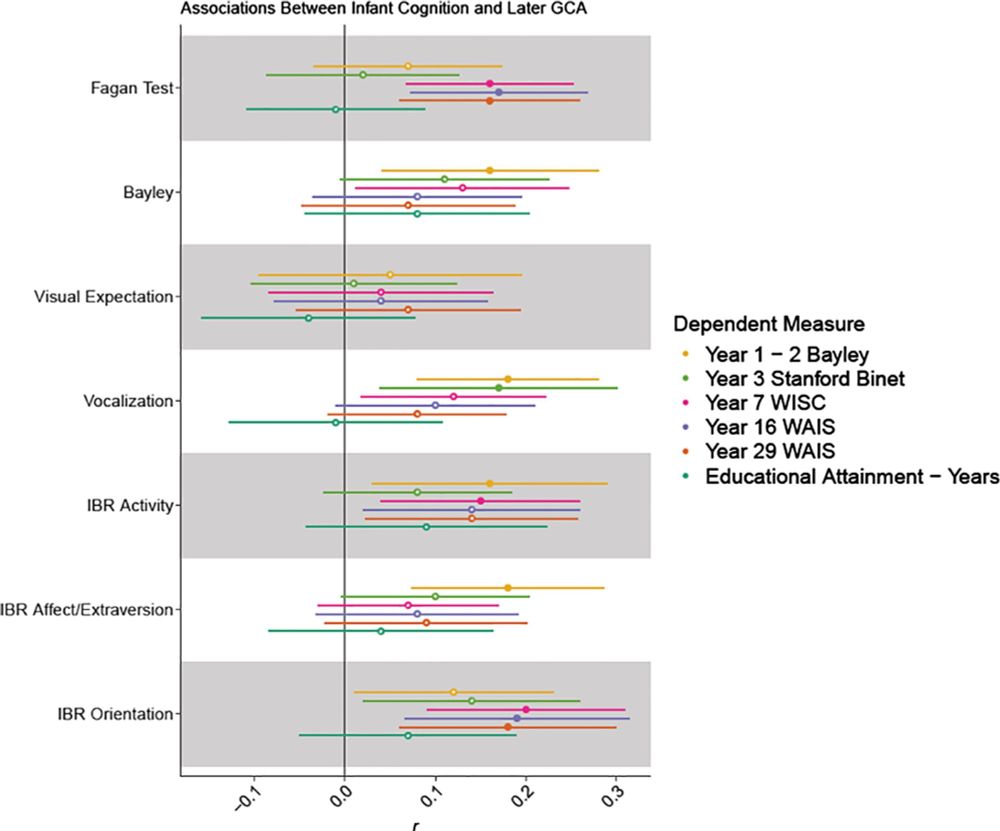Daniel Gustavson
@dangustavson.bsky.social
360 followers
150 following
16 posts
Assistant Research Professor - Institute for Behavioral Genetics - University of Colorado Boulder
Posts
Media
Videos
Starter Packs
Reposted by Daniel Gustavson
Reposted by Daniel Gustavson
Reposted by Daniel Gustavson
Tinca JC Polderman
@tincatwin.bsky.social
· Jun 28







